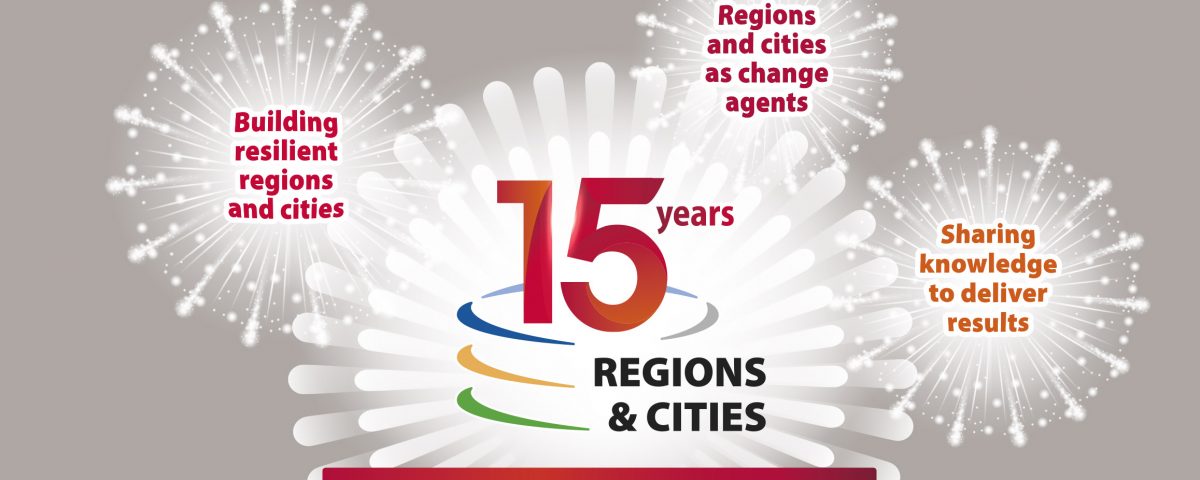
Addressing urban and regional challenges through public procurement
5 September 2017
Digital Cities Challenge
10 November 2017The 15th European Week of Regions and Cities gathered almost 6000 participants and over 800 speakers from all over Europe. 137 workshops, visits, and networking events took place to investigate how regions and cities can work for a better future in Europe.
Europe’s regions and cities face major challenges with profound consequences, such as adaptation to globalisation and to a new wave of automation in the workplace, as well as an urgent need to integrate migrant populations. These challenges can be turned into opportunities for economic and social progress, provided that the right policies and programmes are implemented at all levels.
Discussions during the European Week of Regions and Cities examined the nature of these challenges and how they are playing out in different geographical contexts. Under the main headline of ‘Regions and Cities working for a better future’, the event focused on three sub-themes:
Building resilient regions and cities.
This strand focused on the economic and social effects of globalisation and the policy response at EU, national, regional and local level. Among the negative risks are those of (further) delocalisation of lower added-value industries, the loss of low-skilled jobs, new sources of employment that are often service-based, precarious and lower-paid. It was also an opportunity to present and discuss innovative ways to foster change and, in particular, on how to make Europe’s cities smarter and more resilient.
Regions and cities as change agents
This strand considered the possible adaptations to EU regional and urban policy for the next 5-10 years on, and encourage a more general reflection on the EU from the perspective of regions and cities. It offered a platform to illustrate the effective contributions EU regions and cities are making to the European project and allowed them to provide input to the main political debate in parallel with the ‘Reflecting on Europe’ process launched by the Committee of the Regions. This strand also discussed the results achieved so far and assessment of cohesion policy performances and benefits, in particular with regards to reducing disparities, while at the same time looking ahead at the future prospects.
Sharing knowledge to deliver results
Under this strand, regional and national authorities implementing programmes supported by the European Structural and Investments funds had the opportunity to exchange experiences and good practices relating to programme management during the period 2014-2020. Key issues included the consideration of ways to reduce the administrative burden on beneficiaries through simplification, as well as different means of strengthening institutions and building administrative capacity among administrations at all levels.
Discussions with practitioners were integrated with input from academia as well as from participants from non-EU countries that are interested in the process of European integration, both from an institutional point of view and in terms of policies that promote European cohesion.


